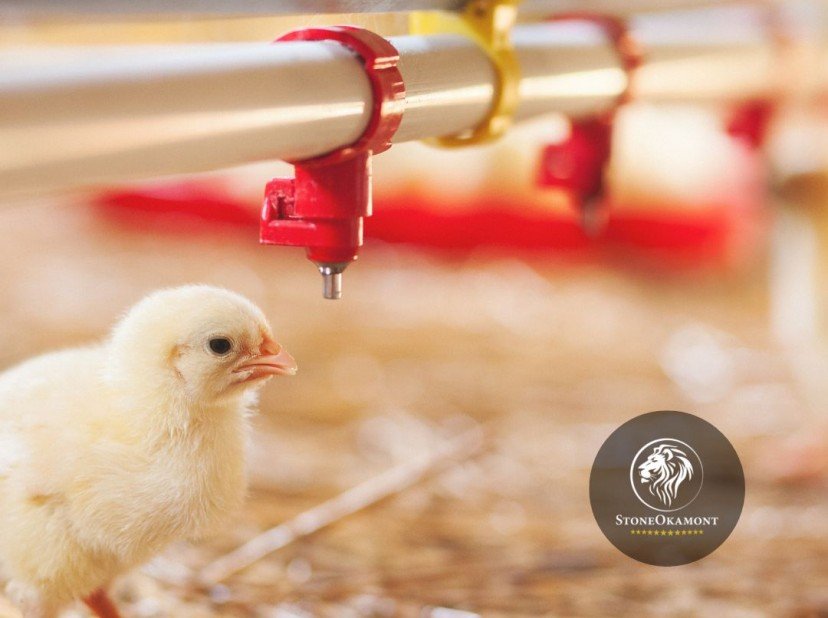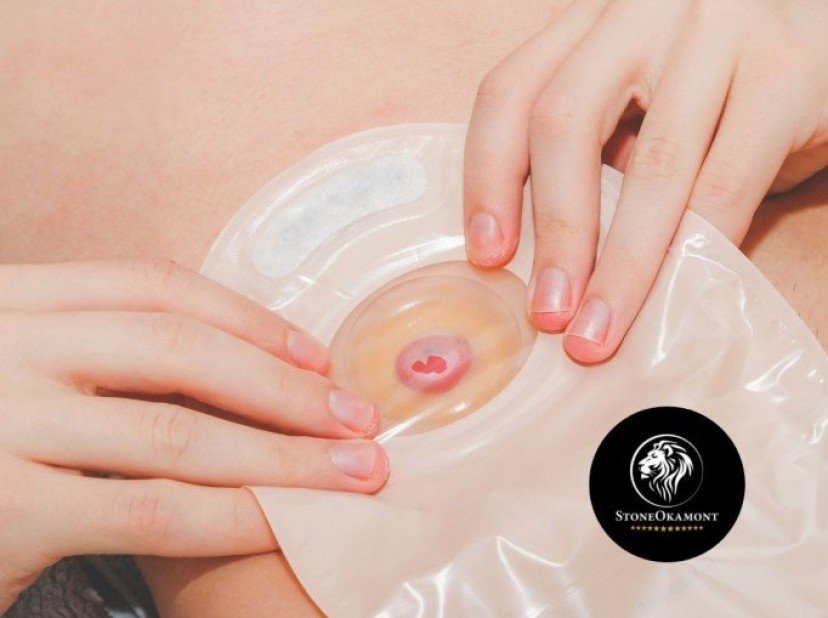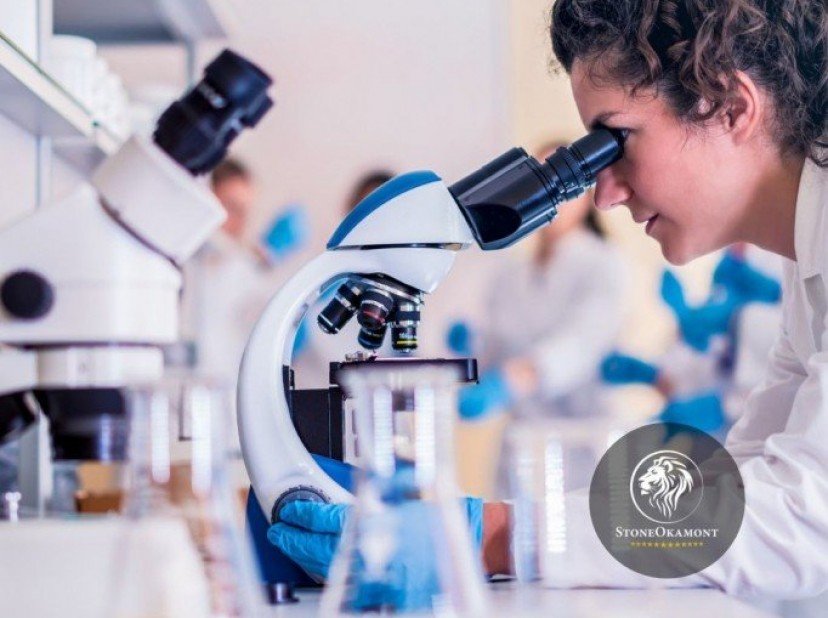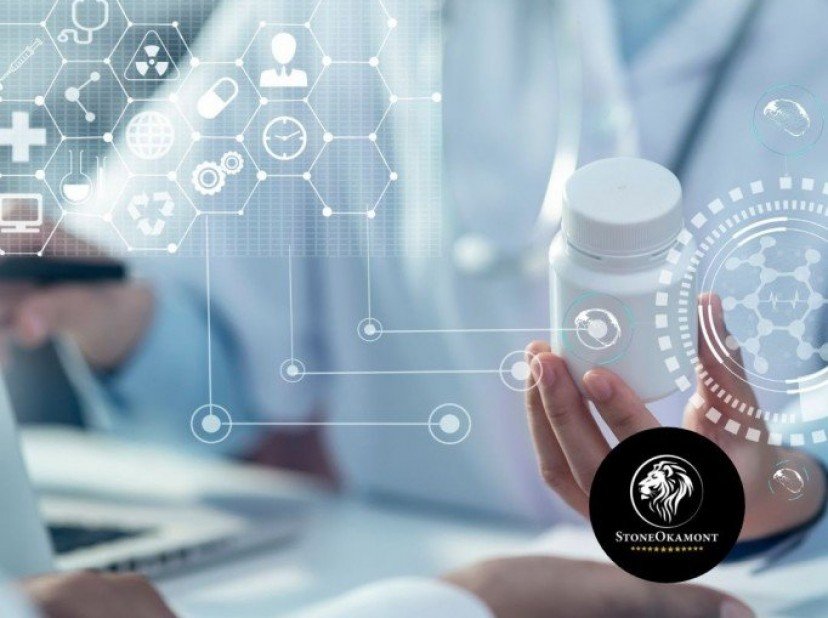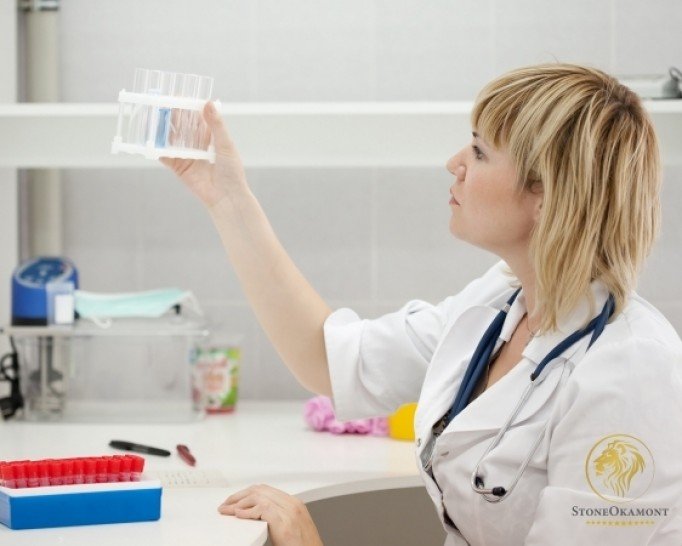
Stone Okamont has prepared a material on how to regulate products for in vitro diagnosis with ANVISA.
Performing correctly all steps of regularization ensures that your process is approved by the Brazilian Health Regulatory Agency more quickly, enabling the availability of your products in the market.
Stone Okamont is a regulatory intelligence in ANVISA matters! With trained consultants who are aware of key demands, we help you regulate in vitro diagnostic products! Check out the content.
What are in vitro diagnostic products according to ANVISA?
The Brazilian Health Regulatory Agency defines in vitro diagnostic products such as reagents, calibrators, controls or sample collectors, which may be used individually or in combination.
Its function is to carry out in vitro analysis of samples from the human body to provide information for diagnostic purposes.
Want to know more? Check out the next steps to register products for in vitro diagnosis at ANVISA.
Operating License for in vitro diagnostic products
A company that wishes to regulate the product for in vitro diagnosis must begin the procedure by obtaining the Operating License.
This document comes from a survey that the Local Sanitary Surveillance (VISA) carries out in the establishment.
VISA assesses whether the company has the necessary technical and operational conditions to produce and store the products.
Is Business Authorization for In Vitro Diagnostic Products Necessary?
In order to be able to regulate in vitro diagnostic products with ANVISA, obtaining the Operation Permits (AFE) is essential.
The Brazilian Health Regulatory Agency analyzes the report sent by VISA, and if there is no divergence, the authorization will be published in the Official Gazette.
This legalization means that the company acts in compliance with Brazilian legislation and is regulated by ANVISA.
Do In Vitro Diagnostic Products Have a Degree of Risk?
ANVISA classifies products for health in Class Risk. This classification goes from level I to level IV.
The framework is related to the risk that the in vitro diagnostic product may offer to the individual or to public health.
How to regulate class I and II in vitro diagnostic products in ANVISA?
Some of the in vitro diagnostic products classified as Class Risk I:
- Culture media for the identification of micro-organisms;
- Sample collectors or collection vessels;
- Products for extraction of DNA and RNA.
Products for self-testing are classified as Class Risk II.
In order to regulate products for in vitro diagnosis in ANVISA that are Class Risk I or II, the regulation must be done.
How to regulate in vitro diagnostic products class III and IV?
First of all, before starting the process of regulation of products for in vitro diagnostics class III and IV, it is necessary to know that it will be necessary to obtain the Certificate of Good Manufacturing Practices.
This certification is required by ANVISA as an application to manufacture any type of product classified in Class Risk III or IV.
The products of Class Risk III are reagents and devices destined for the diagnosis of disease of compulsory notification.
The Class Risk IV products are intended to detect the presence or exposure of a transmissible agent that causes a risk of death or disease with a high risk of spreading.
Therefore, to regulate products for in vitro diagnosis in ANVISA will require a technical dossier containing information and data of the same.
Speed and efficiency when registering products for in vitro diagnosis in ANVISA
Stone Okamont uses its expertise in regulatory means to deliver excellent results with reduced expenses and guaranteed approval of its regulations!
With a highly specialized team, we are ready to find the best solutions for your regulation of in vitro diagnostic products!



